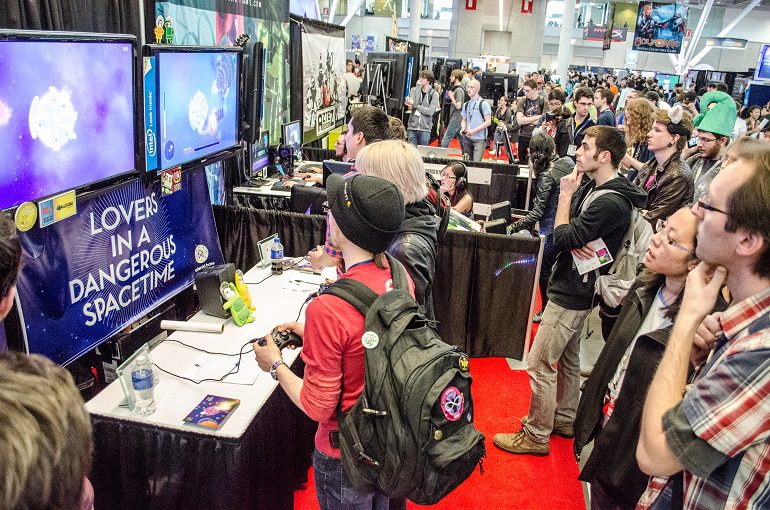 Hello, friends! Dr. Felan Parker here. You may know me as the Toronto-based TAG postdoc, or from my work with the Canadian Game Studies Association (CGSA). Along with my fantastic co-investigators Dr. Bart Simon here at TAG and Dr. Jennifer Whitson at the University of Waterloo (both of whom are familiar to many of you), I’m pleased to announce that we have just been awarded a two-year, $75,000 SSHRC Insight Development Grant for our research project “Indie Interfaces: Examining Independent Game Development Support Networks.” This is very exciting news, and I’d like to share a little bit about what we’re up to.
Hello, friends! Dr. Felan Parker here. You may know me as the Toronto-based TAG postdoc, or from my work with the Canadian Game Studies Association (CGSA). Along with my fantastic co-investigators Dr. Bart Simon here at TAG and Dr. Jennifer Whitson at the University of Waterloo (both of whom are familiar to many of you), I’m pleased to announce that we have just been awarded a two-year, $75,000 SSHRC Insight Development Grant for our research project “Indie Interfaces: Examining Independent Game Development Support Networks.” This is very exciting news, and I’d like to share a little bit about what we’re up to.
My current research emphasizes the wide range of “cultural intermediaries” that occupy the spaces between indie game production, distribution, and reception. This includes local indie community organizations and professional associations, incubators and accelerators, publishers and platform holders, marketers and promoters, journalists, critics, academics, and curators, as well as indie festivals, showcases, exhibitions, and awards, among others. These cultural actors’ primary function is not to make or consume games; rather, they are (inter)mediators or “interfaces” between different parts of the game industry and gaming culture. In different ways and to varying degrees, these individuals and groups act as cultural and/or economic gatekeepers, defining what counts as indie (and what doesn’t), granting legitimacy and prestige, and in doing so, they exert a structuring influence on the field.

Since last year, Bart, Jen and I have been working on a research collaboration with the organizers of the Indie Megabooth (IMB), a high profile organization dedicated to showcasing indie games, supporting indie developers, and brokering relationships between indies and the wider game industry. Because of their broad mandate and reach, the IMB is an ideal case study for the “Indie Interfaces” study, and will help us to better understand the long-term impact of cultural intermediaries in the indie space and in gaming culture more generally. Our core questions are: a) How do organizations like the IMB contribute to economic sustainability and survival for indie game developers? b) What is the audience for indie games, and what role do organizations like the IMB play in constructing that audience? and c) How can organizations like the IMB contribute to increasing diversity and inclusivity in the game industry? So far we’ve given talks about this project at academic conferences and Indiecade East, and published two short articles over at the IMB blog that were also picked up on Gamasutra. Our first academic publication is already out for review, so keep an eye out for that soon.
With the Insight Development Grant, we’ll be able to continue the IMB project, expand our research to include other case studies (such as Jen’s work with Execution Labs), and hopefully organize some kind of symposium as well, the details of which we’ll keep under wraps for now. We’ll also be hiring research assistants to contribute to the project at both TAG and Waterloo’s Games Institute. Stay tuned for further details!
